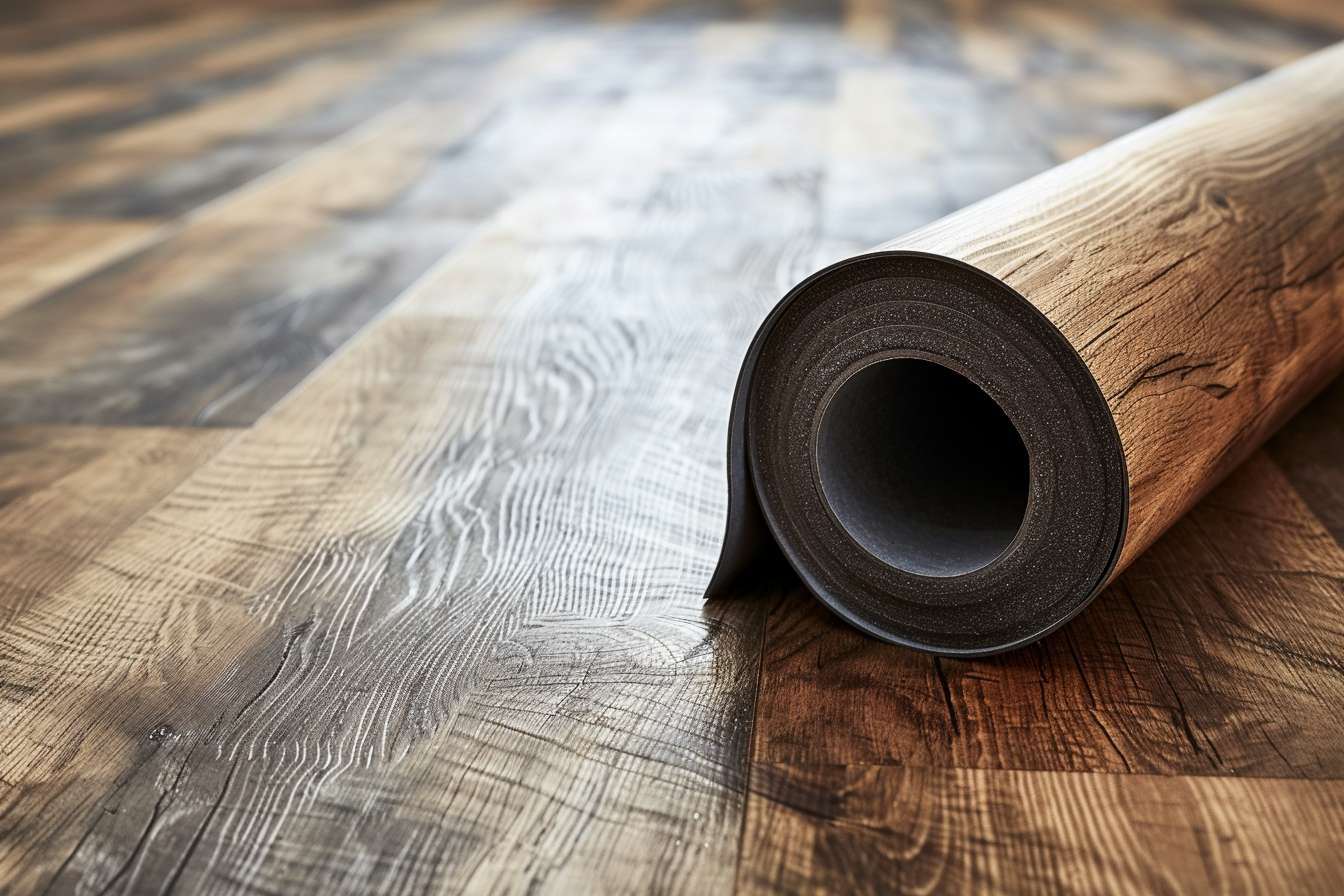Benefits and Installation of Weatherproof Resin Flooring for UK Patios 2025
Resin outdoor flooring offers a weather-resistant option for UK patios, driveways and garden areas. This article outlines its key advantages, environmental benefits and what to expect during professional installation in 2025, helping homeowners decide if resin suits their property.

As UK homeowners seek durable and visually appealing solutions for their outdoor spaces, resin flooring has emerged as a practical option for patios, driveways, and garden areas. The material combines functionality with design flexibility, making it suitable for various property types across the country. Understanding the advantages, installation requirements, and long-term care of resin surfaces helps homeowners make informed decisions about their outdoor flooring projects.
Why Resin Flooring Suits UK Outdoor Environments
The UK climate presents unique challenges for outdoor flooring materials, with frequent rainfall, temperature fluctuations, and occasional frost. Resin flooring addresses these concerns through its weatherproof properties and structural resilience. The material creates a seamless, non-porous surface that prevents water penetration, reducing the risk of cracking or damage during freeze-thaw cycles common in British winters.
Resin surfaces also offer excellent slip resistance when properly installed with appropriate aggregates, making them safer during wet conditions. The material withstands UV exposure without significant fading, maintaining its appearance throughout the year. Additionally, resin flooring can be applied over existing concrete or tarmac bases, providing a cost-effective renovation option for patios showing signs of wear.
Resin Flooring Installation Procedure
Installing resin flooring requires careful preparation and professional expertise to ensure longevity and performance. The process typically begins with assessing the existing base, which must be structurally sound, clean, and free from moisture issues. Any cracks or uneven areas require repair before resin application.
The installation involves several stages. First, the surface undergoes thorough cleaning and may need priming to enhance adhesion. Next, installers mix the resin components according to manufacturer specifications, often combining epoxy or polyurethane resins with decorative aggregates or pigments. The mixture is then applied evenly across the patio surface, typically in layers, with each layer requiring adequate curing time.
Professional installers use specialized tools to achieve uniform thickness and finish. The entire process usually takes between one to three days depending on patio size and weather conditions, with full curing requiring up to seven days before the surface can handle regular foot traffic and furniture.
Maintenance Tips for Long-Lasting Resin Surfaces
One of the primary advantages of resin flooring is its minimal maintenance requirements compared to traditional patio materials. Regular sweeping or brushing removes debris and prevents dirt accumulation in textured surfaces. For deeper cleaning, homeowners can use a pressure washer on a moderate setting or mop the area with mild detergent and water.
Avoiding harsh chemicals and abrasive cleaning tools helps preserve the surface integrity and appearance. While resin flooring is highly durable, placing protective pads under heavy furniture prevents potential scratching or indentation. Inspecting the surface annually for any minor damage allows for prompt repairs before issues expand.
Reapplying a UV-resistant sealant every few years, depending on exposure levels, maintains color vibrancy and adds an extra layer of protection. These straightforward maintenance practices ensure resin patios remain attractive and functional for 15 to 20 years or longer.
Environmental Advantages of Resin Flooring
Resin flooring offers several environmental benefits that appeal to eco-conscious homeowners. The material’s longevity reduces the need for frequent replacements, minimizing waste and resource consumption over time. Many resin products now incorporate recycled aggregates or sustainable components, further reducing environmental impact.
The permeable resin options available allow water drainage through the surface, supporting natural groundwater replenishment and reducing surface runoff that can contribute to flooding. This permeability also helps prevent puddle formation on patios. Additionally, the seamless nature of resin surfaces eliminates joints where weeds typically grow, reducing or eliminating the need for chemical weed treatments.
The energy required for resin production and installation is generally lower than that needed for manufacturing and transporting traditional paving materials. When combined with proper installation over existing bases, resin flooring presents a relatively sustainable choice for outdoor surfacing.
Considerations for UK Homeowners in 2025
Homeowners planning resin flooring installations in 2025 should consider several practical factors. Selecting a reputable installer with demonstrable experience in resin applications ensures quality workmanship and appropriate product selection for specific site conditions. Requesting references and viewing completed projects helps assess installer capabilities.
Budget planning should account for both material and labor costs, which vary based on patio size, existing base condition, chosen resin type, and design complexity. While resin flooring represents a higher initial investment than some alternatives, the long-term value through durability and low maintenance often justifies the expense.
Homeowners should also verify that installations comply with local planning regulations, particularly for front gardens or properties in conservation areas. Choosing permeable resin systems may help meet sustainable drainage requirements increasingly emphasized in UK building standards.
Timing installations during dry, mild weather periods typically yields optimal results, as temperature and humidity affect curing processes. Spring and early autumn generally provide suitable conditions across most UK regions.
Conclusion
Weatherproof resin flooring presents UK homeowners with a practical, durable, and attractive solution for patio surfacing in 2025. The material’s ability to withstand British weather conditions, combined with design flexibility and minimal maintenance requirements, makes it an increasingly popular choice for outdoor spaces. By understanding the installation process, maintenance needs, and environmental benefits, homeowners can make informed decisions about whether resin flooring suits their specific requirements and budget. Proper planning, professional installation, and regular care ensure these surfaces provide years of reliable performance and visual appeal.




